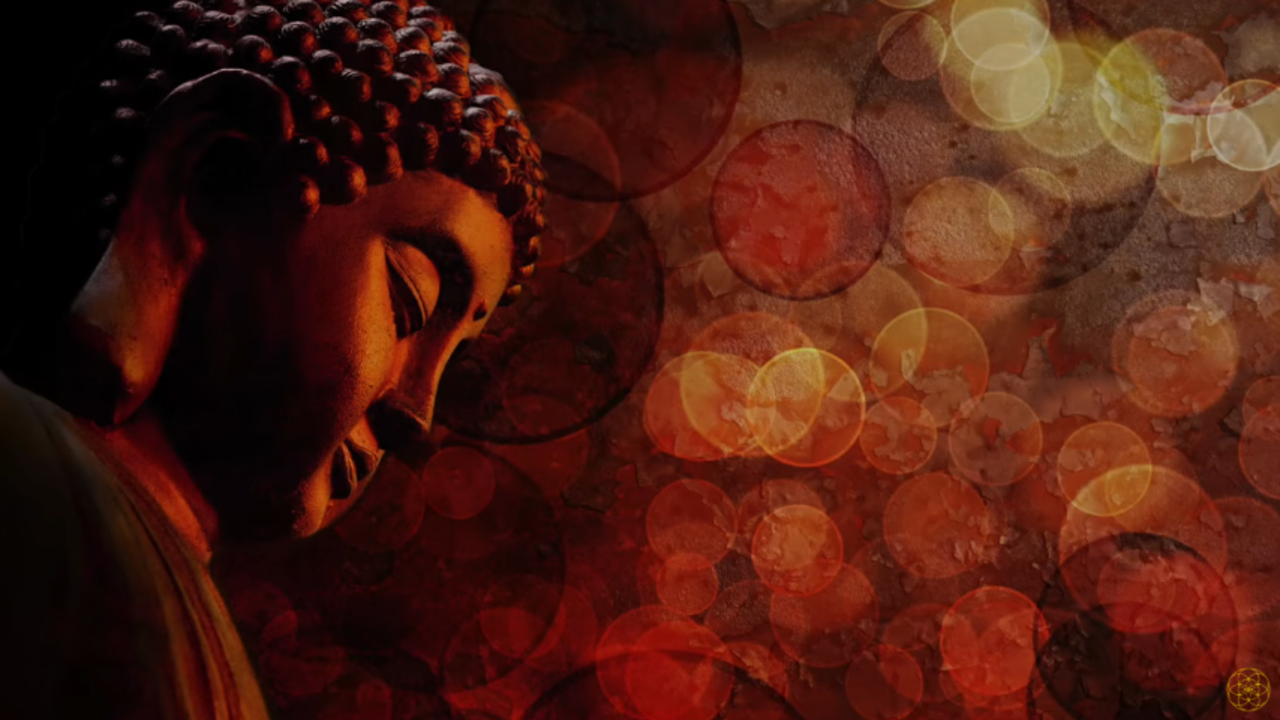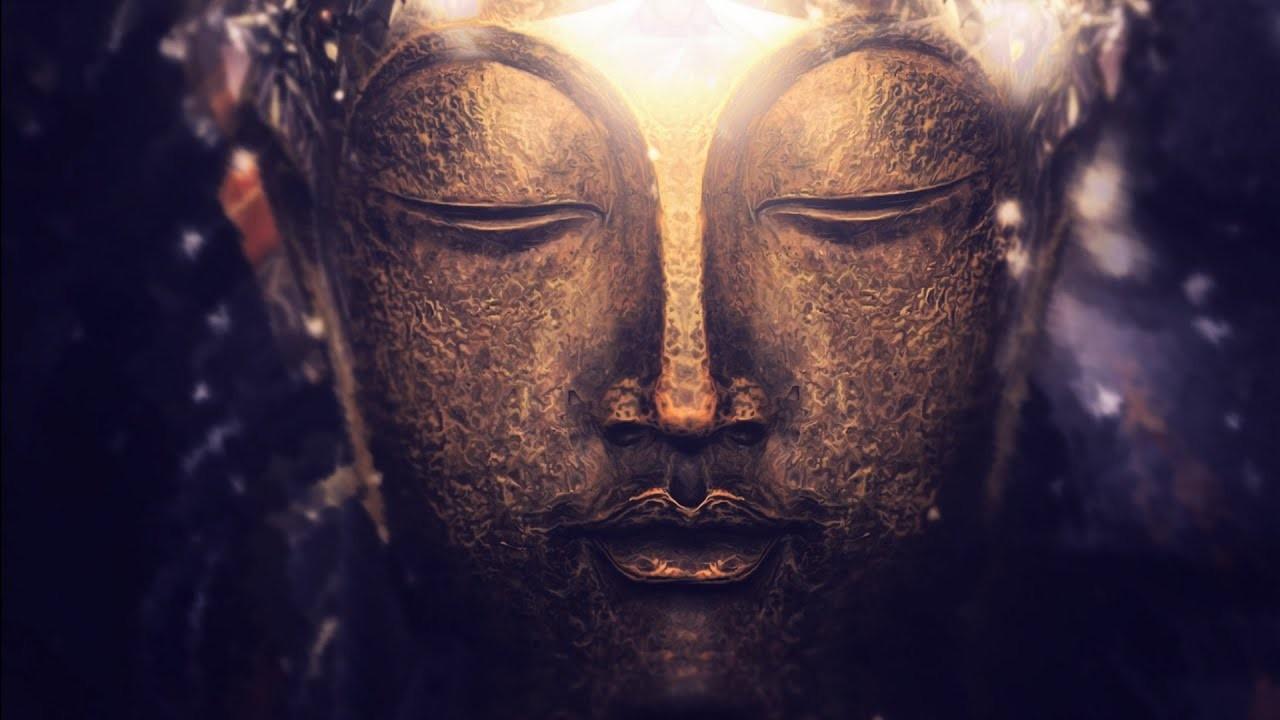Scientology is an accumulation of different religious beliefs and practices. In 1950 L. Ron Hubbard, often called LRH, wrote a book called Dianetics, the modern science of mental health. The book became very popular in a short amount of time in the early self-help movement, but quickly lost its steam as a fad, and the Dianetics foundation went into bankruptcy. Hubbard then recharacterized the subject as a religion and renamed it Scientology, building and expanding upon the writings of Dianetics.
According to this book, humans are limited by engrams, bad experiences stored in the unconscious mind that affect behavior long after the traumatic experience. These experiences may be from earlier in one’s life, from the womb, or even from past lives. Engrams can be removed from a process called “Auditing” – which involves answering questions in a reflective manner. It is done either using the book or in a professional environment connected with a device called an...













